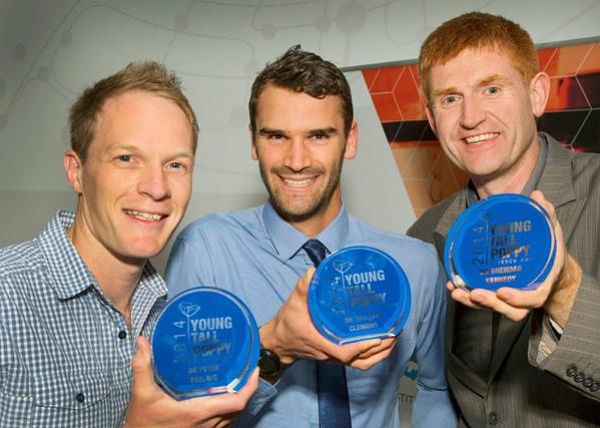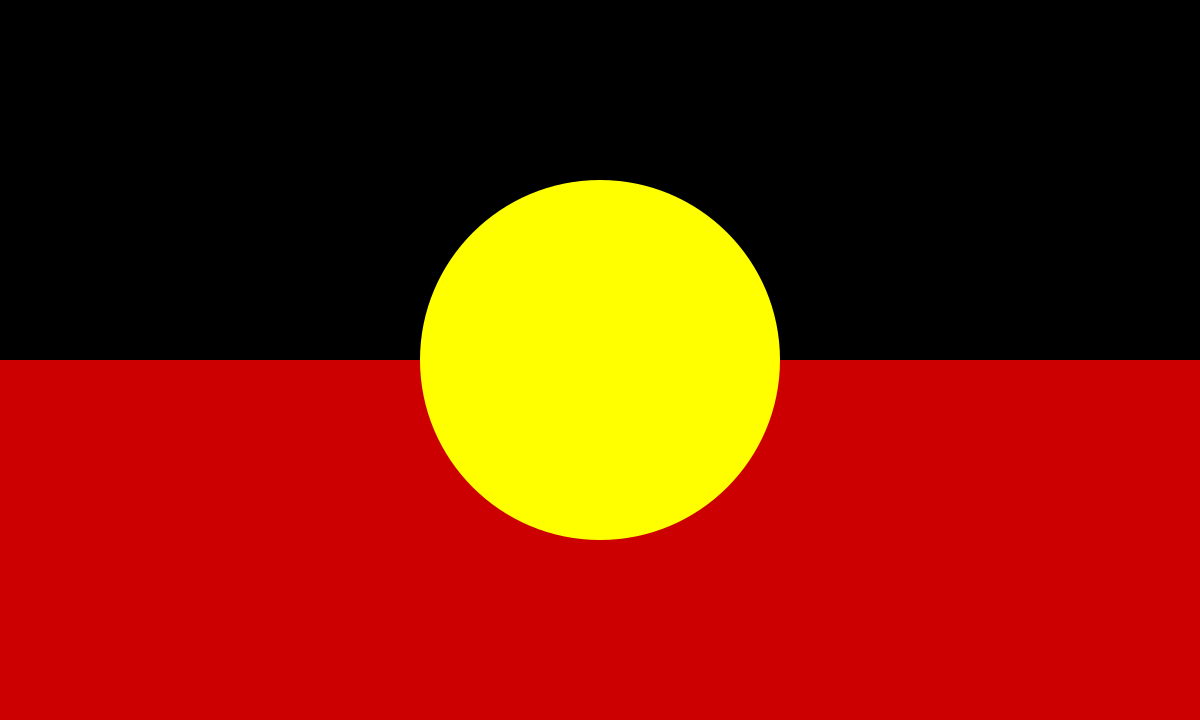WAIS hockey athlete Tristan Clemons and former WAIS physiologist Dr Pete Peeling have been honoured for their outstanding research work at the 2014 Western Australian Tall Poppy Awards.
The University of Western Australia researchers were lauded for their work in Nanotechnology and Sport Science respectively, with their research projects working towards significant future innovations.
Dr Tristan Clemons studies the synthesis and application of polymeric nanoparticles suitable for the delivery of therapeutics. Dr Clemons’ research is aiming to deliver drugs to cells – in heart attack victims – that are vulnerable to injury but thought to be capable of being saved. Such treatments will hopefully result in increased cell survival and could result in improved patient survival from heart attack cases.
Clemons is also a national representative hockey athlete, having played for Australia in the recent test series against India in Perth earlier this month.
Iron deficiency is the world’s most common nutrient disorder and is suggested to impact up to 11% and 35% of male and female athletes respectively. Dr Peter Peeling from the UWA School of Sport Science, Exercise and Health, investigates the impact of iron and its associated regulating hormones on the human body. Dr Peeling’s research has shown that one of the main hormones the body produces to regulate the absorption of iron, increases with exercise.
AIPS General Manager Camille Thomson said the awards, which are held state-by-state, celebrate the country’s best and brightest young achievers across the sciences.
“Many Young Tall Poppies go on to achieve even greater things and to become inspiring leaders in their field,” she said. “They also become role models by working with the education and community sectors to encourage greater engagement in science.”
As part of the Young Tall Poppy campaign, award winners will spend a year sharing their knowledge with school students, teachers and the broader community through workshops, seminars and public lectures.
Young Tall Poppies are nominated by their peers and are early career researchers aged 35 or under. Selection is based on research achievement and leadership potential. More than 300 young scientists have been honoured nationally since the award was established in 2000.
-UWA



